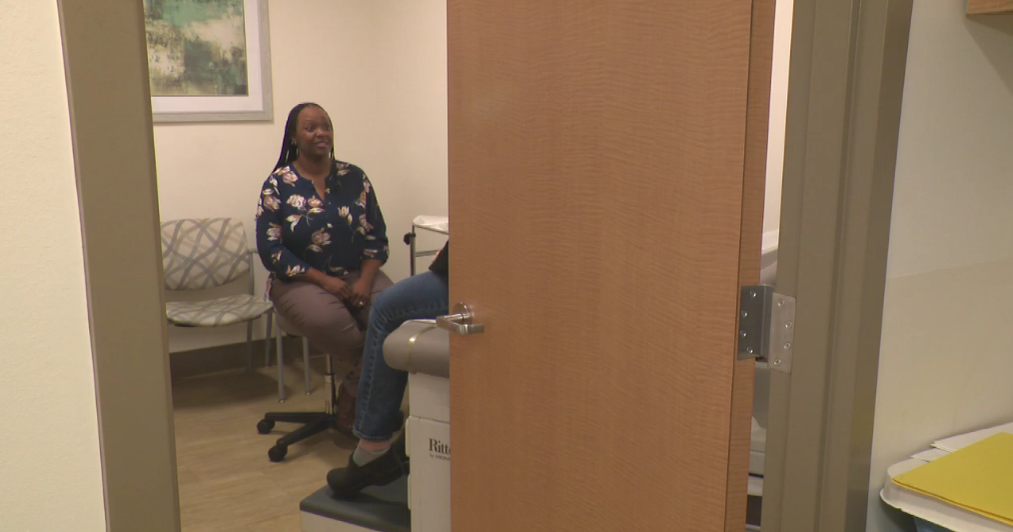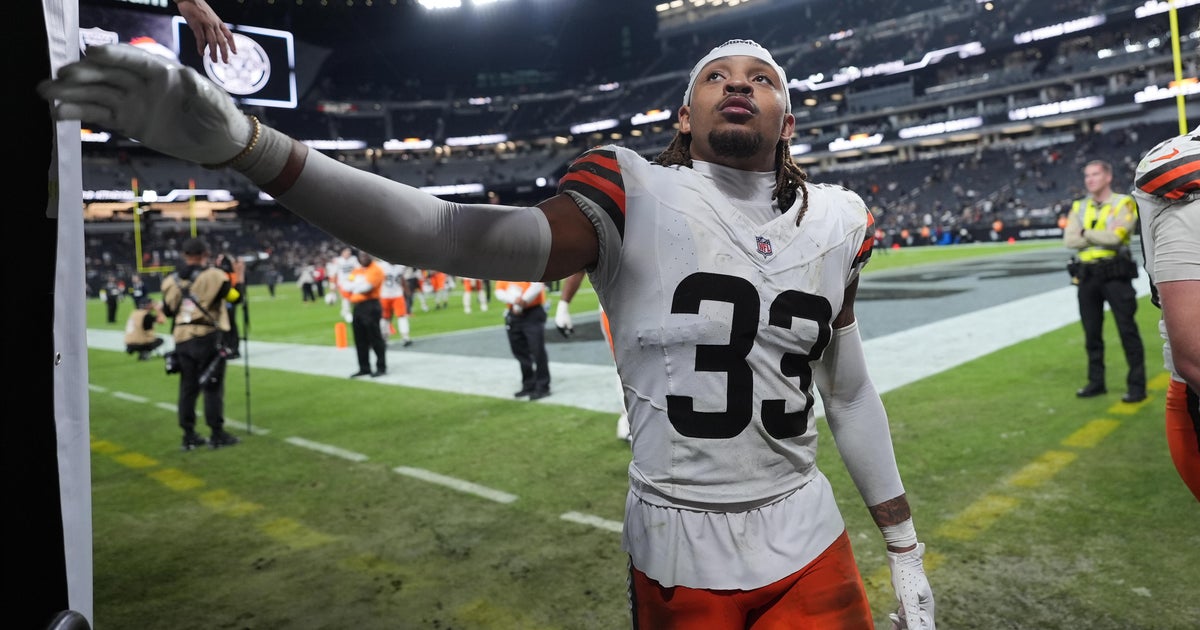Will More Diversity Among Doctors Help Improve African-American Health?
NEW YORK (CBSNewYork) – African American men have the lowest life expectancy of any ethnic group in the country due to health issues like diabetes, high blood pressure, stroke, and cancer.
The problem is puzzling when many of these diseases are so preventable or treatable today.
As CBS2's Dr. Max Gomez explains, it may be a matter of diversity.
"African Americans make up almost 15 percent of the population, but only four percent of doctors," Dr. Clenton Coleman said.
According to a new study, this may be a contributing factor in the higher death rate of black men compared to other populations.
"Sixty-six percent by the age of 50 are at risk for high blood pressure. Compared to the general population about 33 percent and across the board, diabetes, heart disease, cancer that applies and these are all preventative diseases," Coleman added.
The study, published the National Bureau for Economic Research, involved more than 700 black men in California, who went to a clinic for free health screenings.
The men were randomly assigned to a black, a white, or an Asian male doctor. The result when asked to go for follow-up screenings - such as a cholesterol test - 62 percent of black men with a black doctor agreed. That's compared to 36 percent assigned to a doctor who was not black. Similar results were found with additional screenings for diabetes.
"The basic doctor-patient relationship is built on trust, so there's a rapport that's involved… so if they're more comfortable with their doctor they're more likely to engage in preventative screening," Coleman explained.
Experts agree, genetics, environment, and responses to medications may all share the blame in stacking the deck against black males. Still, the risk factors can be reduced.
"You can change smoking, you can lose weight so your blood pressure goes down so that your cholesterol improves. These things are modifiable," Dr. Donna Mendes of Mt. Sinai said.
Medical schools have been working to admit more minority students, both men and women, so that eventually patients will be more likely to see a doctor who looks like them and they feel they can trust.
In the meantime, more hospitals are recognizing the need for culturally sensitive care and doing outreach to educate and connect with all populations to help close the gaps in care.







